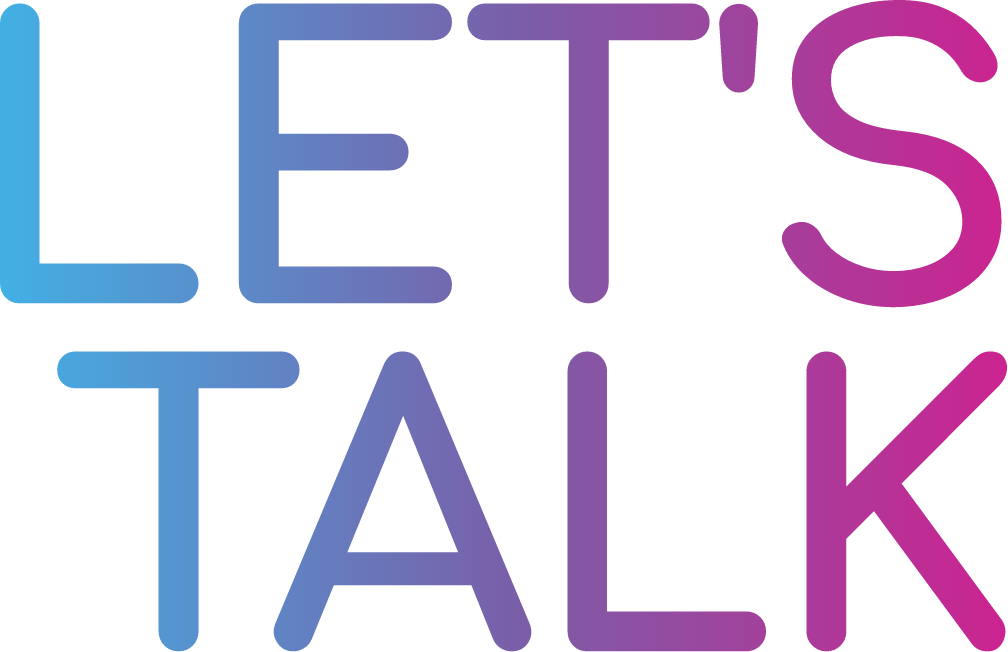 While in Israel a huge fuss occurred when an Israeli law firm offered services through the voucher’s website “Groupon” – the American Bar Association recently approved promoting legal services via the use of Deal-of-the-Day marketing program- link
While in Israel a huge fuss occurred when an Israeli law firm offered services through the voucher’s website “Groupon” – the American Bar Association recently approved promoting legal services via the use of Deal-of-the-Day marketing program- link
How does the American Bar Association maintain its strict ethical guidelines in the face of new marketing technologies? Can the Israeli Bar Association learn something from its cousin in the US
Early this year, following the publication of a legal services coupon, the Israeli Bar Association decided – no surprise – that Deal-of-the-Day marketing for law firms is strictly forbidden (link in Hebrew). Why? The Israeli Bar Association asserts that such marketing method violates the prohibition of law firms to solicit their services and damages the public image of the legal profession
The November 2002 issue of the Israeli bar “Professional Ethics” neatly justifies the prohibition: “A person who needs the services of lawyer is usually in dire need, confused and does not know how to act. There is room for abuse here: lawyers are highly skilled persuaders with a personal interest in convincing the person standing in front of them to hire their services. What the prohibition seeks to prevent is a situation when a direct encounter initiated by a lawyer can create pressure and unfair influence over the weak customer”- link in Hebrew
Where can one draw the line between a solicitation ban and legitimate marketing methods
In the age of high-tech and start-ups, technology advances fast. New methods of marketing constantly appear. However, law firms who experience some of the fiercest competitions for their services in this emerging landscape, are left behind because the Israel Bar Association does little to adjust their existing rules to new technologies
The American Bar Association offers a different approach from the Israeli Bureau. In “Formal Opinion #464” of the Bar Association (dated 21 October 2013) (link), the bureau approved use of vouchers in legal marketing (!)
In contradistinction to Israeli’s paternalistic approach – prohibiting any action that involves even minimal risk – the United States attempts to harmonize ethics with new technologies
 “Formal Opinion #464” provides detailed description of the Bureau’s examination of possible contradictions between the Deal-of-the-Day marketing technology and ethical standard. The opinion develops a fundamental analysis of the rules, and offers solutions to soften possible violations
“Formal Opinion #464” provides detailed description of the Bureau’s examination of possible contradictions between the Deal-of-the-Day marketing technology and ethical standard. The opinion develops a fundamental analysis of the rules, and offers solutions to soften possible violations
A case in point: the Bureau prohibits sharing legal fees with non-lawyers. A business interested in advertising its coupons must pay a commission to the website administrators. At first sight, this can appear to be a direct violation of the ethical rules. However, the Bureau solves this matter, establishing that payment of this kind constitutes a preliminary payment which does not related to the eventual client purchase of the vouchers. Therefore there is no unlawful sharing of legal fees
In addition, the American Bar Association highlights the importance of monetary refund in such transactions. Additionally, all coupons thus sold must include a detailed description of all terms and conditions. Formal Opinion #464 insists advertising must not be false or misleading; all conditions should be understandable by an ordinary person
In addition, when the buyer wants to cancel the coupon prior to using it, or the attorney cannot perform the service, (e.g. due to conflict of interest) the buyer is entitled to a full refund. These conditions, carefully outlined, protect the rules of ethics while allowing use of Deal-of-the-Day type of marketing
There should be nothing preventing the Israel Bar Association from adopting the American method of considered analysis, to allow use of new technologies in the legal world. The current Israeli claim is that such technology inherently violates ethical rules appears unimaginative and reactionary
Adjusting the rules of ethics to the new technologies not only allows the advance of Law and it adaptation to the external reality, but it also enables a deeper analysis of the true objectives behind these rules
A strong Bar Association must be confident to maintain high standards while at the same time – advancing the law and adapting to change. If it works in the US, what’s really stopping us in Israel… a question to consider






